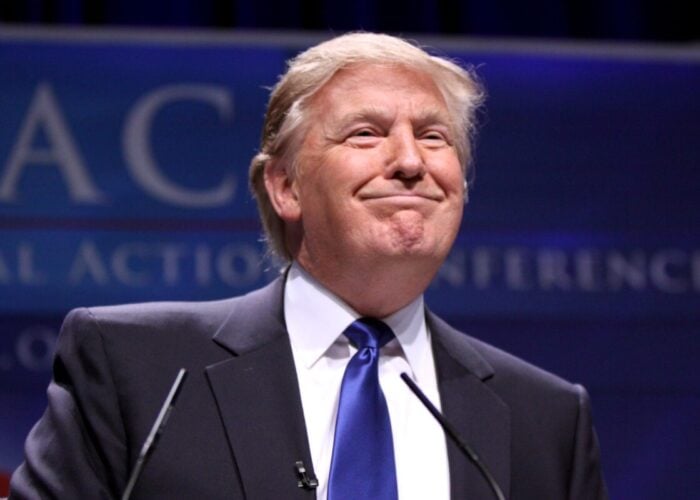The EU-China solar trade dispute looks set to reignite with every indication suggesting that EU ProSun will request a review of the impending expiry of duties on Chinese solar imports into Europe put in place in 2013.
The trade tariffs were given a two-year duration and are scheduled to expire on 7 December 2015. ProSun, the body led by manufacturer SolarWorld that registered the original complaint that led to the tariffs, must request the European Commission investigate the benefits of any extension by the end of today, 7 September.
Unlock unlimited access for 12 whole months of distinctive global analysis
Photovoltaics International is now included.
- Regular insight and analysis of the industry’s biggest developments
- In-depth interviews with the industry’s leading figures
- Unlimited digital access to the PV Tech Power journal catalogue
- Unlimited digital access to the Photovoltaics International journal catalogue
- Access to more than 1,000 technical papers
- Discounts on Solar Media’s portfolio of events, in-person and virtual
If the EU accepts, a 15-month investigation period begins, during which a mandatory extension of the current measures would be enforced. The minimum import price (MIP) agreement, which also holds Chinese manufacturers to an annual quota, would continue under such circumstances.
A formal announcement on the expiry review request is expected later today.
The commission can choose to refuse the request, a move that would end all limitations on Chinese solar products imported to Europe once the planned expiry date in December passes.
Several wider political factors, including Chinese attempts to gain free market economy status at the WTO and this year's UN climate talks, are also at play.
ProSun is not required to prove that it is representative of the European solar manufacturing sector in order to request a review. However, a Brussels-based source told PV Tech that the commission has used this metric when justifying expiry reviews in other cases.
The MIP arrangement has come under scrutiny in recent months, with the commission ejecting several Chinese manufacturers from the undertaking for apparently flouting the rules.







